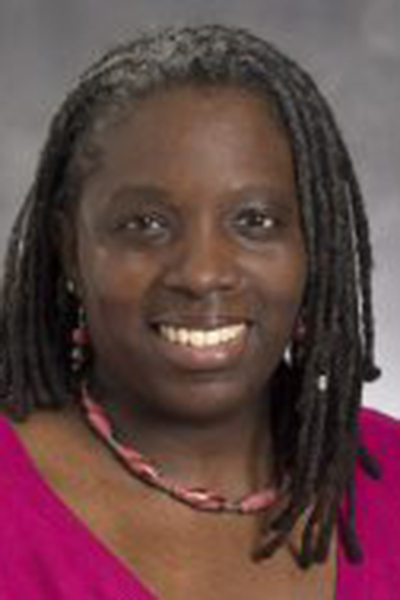
For many in the CHEST community, being a member of a nondominant, or “other,” group shapes how they integrate with their colleagues and their patients. A CHEST 2020 session, Being Me: Understanding ‘Otherness’ and Issues of Diversity, will feature a diverse panel of speakers who will share their stories of “otherness” and experiences facing discrimination and microaggressions.
The objective of the session is to develop awareness and empathy for the additional burdens many people face—an objective that is paramount to help promote and maintain diversity in CHEST medicine, said Nneka Sederstrom, PhD, MPH, MA, FCCP, director of clinical ethics at Children’s Hospitals and Clinics of Minnesota, and chair of the session. The 1-hour session begins at 3:00 pm CT on Sunday, October 18. The session will be available for on-demand viewing 24 hours later on the virtual CHEST 2020 meeting platform through January 18.
Dr. Sederstrom said this year’s session expands on a standing-room only “Being Me” panel session that was presented in the Trainee Lounge at last year’s meeting in New Orleans. In this year’s session, the panelists will focus on how to understand what otherness is and the individual’s role in addressing inequities and embracing diversity.
“Last year’s session was geared toward trainees, and the panel discussed things they might face as clinicians of color and things they might face as women in mostly male spaces,” Dr. Sederstrom said. “What we’re trying to do in this year’s session is to make the discussion a little broader and more intentional about what it means to fit in the category of an ‘other.’ We’ll address specific opportunities for people to be deliberate and intentional in addressing microaggressions and racism on all levels and how to help bring forward voices that are often not being heard.”
In sharing their personal stories, the panelists will talk about ways their colleagues can support them, and often have, when they are faced with racism, sexism, religious discrimination, or cultural insensitivity. Dr. Sederstrom, who lectures frequently on this and related topics, said that storytelling is a powerful way to engage people so they can develop a better awareness of these situations and become a better ally for others.
“I strongly believe in the power of storytelling and how personalizing it makes it real. People are more impacted when they can put a face to the pain,” she said. “We want people to take away a better understanding of the experiences others face and what they feel when they have to deal with overt discrimination or racism and constant microaggressions.”
Dr. Sederstrom hopes that the panelists’ stories and ensuing conversation will help raise awareness and inspire people to examine their own behavior and recognize where biases might exist in their hospitals or practices.
“This has to be more than just a theoretical conversation. It needs to be seared into people’s brains so when they see someone who looks like I look, or who is a woman like me, or who is an immigrant, even if their first thought is biased, that they remember these stories and check that thought,” she said. “It’s fine for someone to have that first thought, but it’s not fine for it to be their last thought.”
It’s not too late to register!
Join your colleagues for top-tier education through Wednesday, October 21, with dozens of live sessions and 50 credit hours of CME—all from the safety of your home. All CHEST Annual Meeting registrants will have access to the virtual platform until January 18, 2021.





